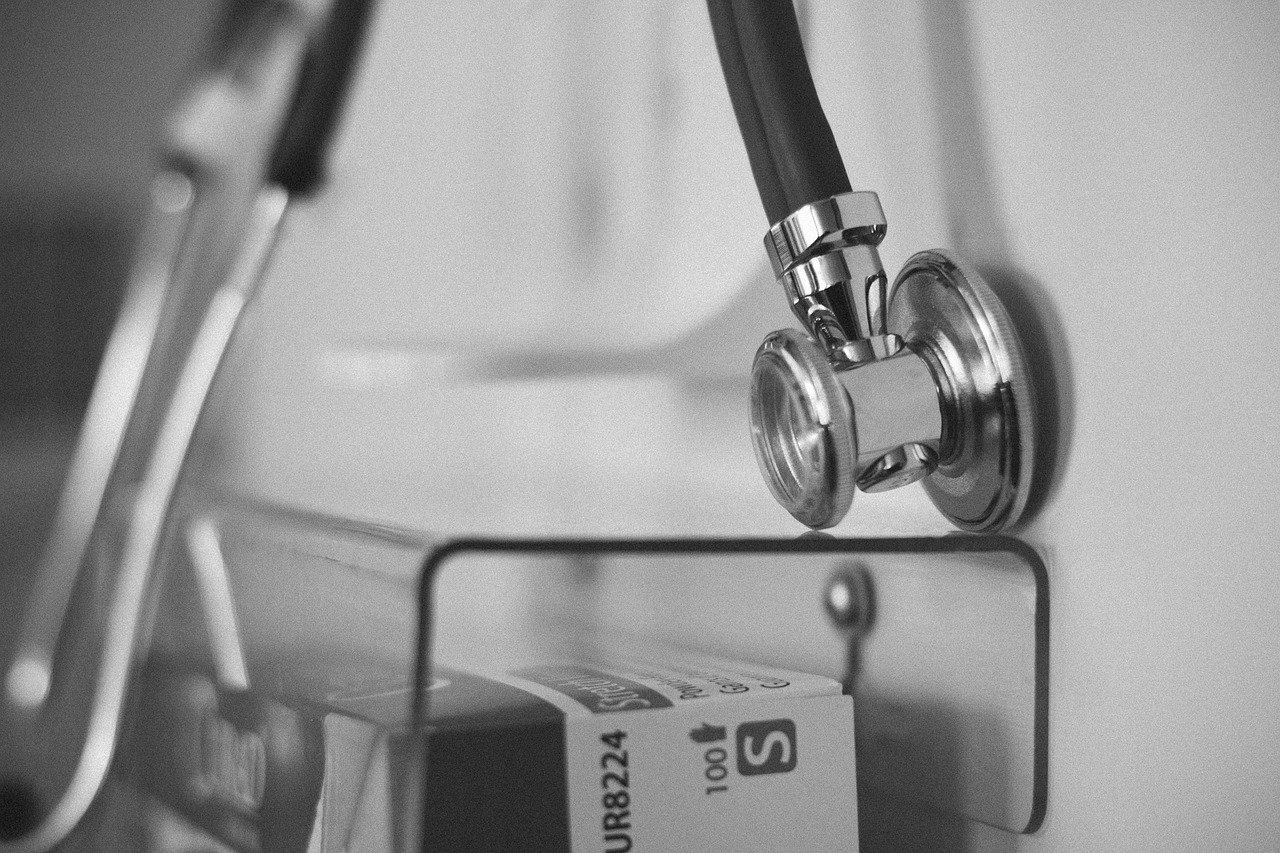Severe tiredness impacting the abilities of a third of NHS doctors, survey finds
May 2025 - Health

Severe tiredness impacting the abilities of a third of NHS doctors, survey finds: A survey of NHS Doctors in the UK has revealed 35% say tiredness has affected their ability to treat patients safely, up from a quarter (26%) in 2022.
The research was conducted by the Medical Defence Union, an organisation which provides legal support to c.200k doctors, nurses, dentists and healthcare workers. The report surveyed 481 doctors across varying ranks and practice areas including consultants, specialists, GPs and foundation doctors. Respondents were asked confidential questions about their experiences of sleep deprivation, extreme tiredness at work and the impact of exhaustion on their ability to perform safely in their role.
Results revealed that almost 9 out of 10 doctors (89%) feel sleep deprived, compared to three quarters (75%) in 2022, with over two fifths (41%) experiencing poor and limited sleep on at least weekly basis.
The survey also found that over a third of doctors (38%) rarely or never take breaks during the working day, including lunch breaks, with over two thirds (65%) citing work pressures as the main reason they were unable to do so. This limited opportunity to recharge and refuel, and specifically the inability to eat or drink whilst on shift, was another core reason for tiredness amongst almost a third of doctors (29%).
In addition to the increased risk to patient safety caused by severe tiredness, the report also highlighted the negative impacts felt on an individual level across the profession. Almost three quarters (72%) of doctors surveyed said their exhaustion led to difficult concentrating and over two fifths (42%) said it was a direct contributing factor to their poor mental health.
Speaking about these findings, Susannah Basile, interim chief executive of the charity Doctors in Distress, commented:
"Doctors who are sleep deprived will struggle to provide the quality of care for patients that they would wish, and this will inevitably impact their mental health. Doctors are leaving work exhausted and feeling insufficiently rested when they return, which can lead to burnout. Adequate rest breaks need to be both prioritised and respected. This means not only enabling access to rest and sleep facilities at work, but also ensuring rotas protect and respect non-working days to give staff sufficient time to reset before their next shift."
The MDU has underlined the importance of ensuring that sufficient measures are put in place to enable regular breaks for all doctors, both to protect them and their patients, and have called upon NHS employers and the government to take direct action.
Sign up to our newsletter to receive free insights from your sector...
Support Us...
We hope that you have found this article useful. This section is freely available for all to use. Please help support it by liking us or following us on our social media platforms:










